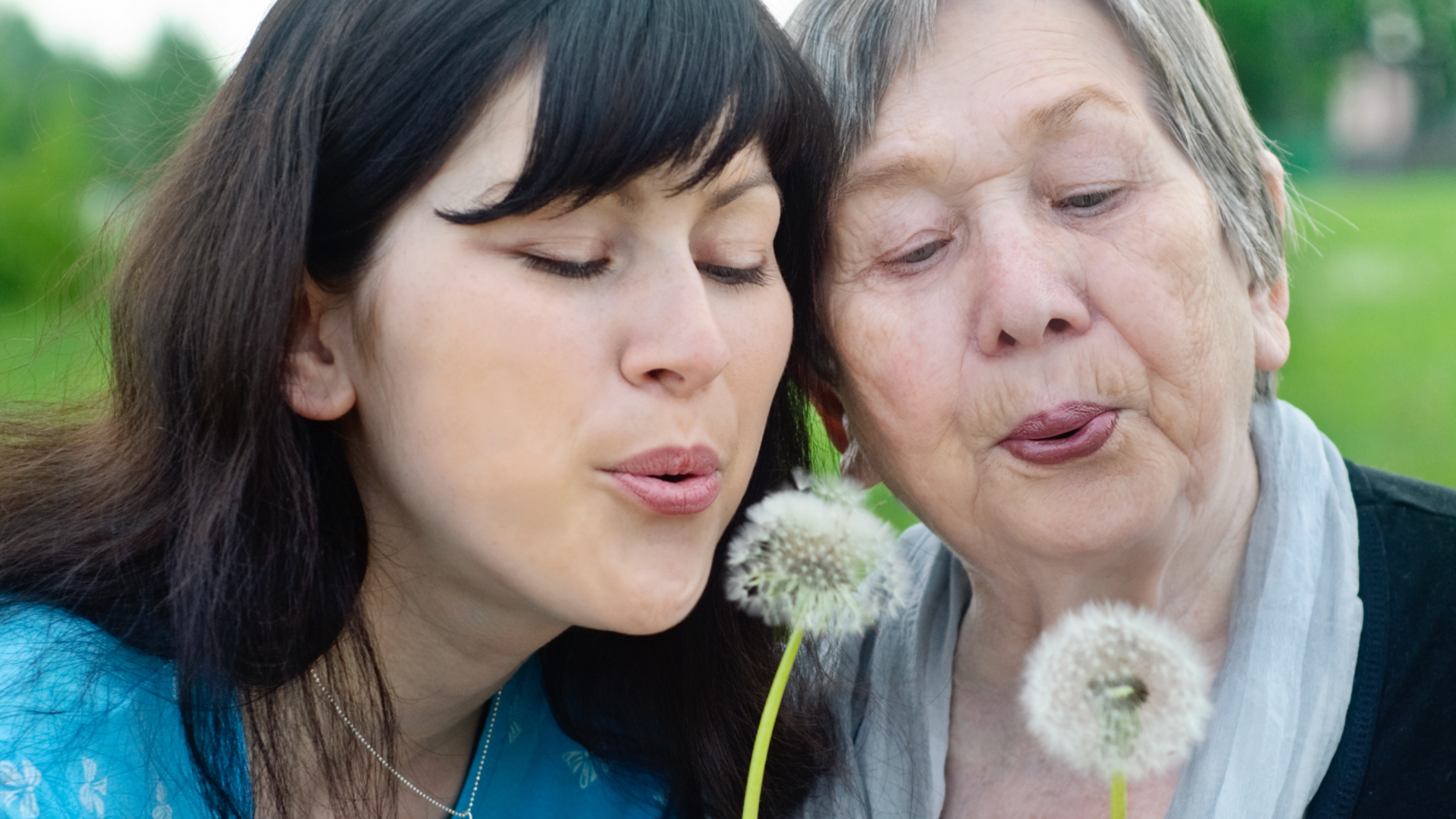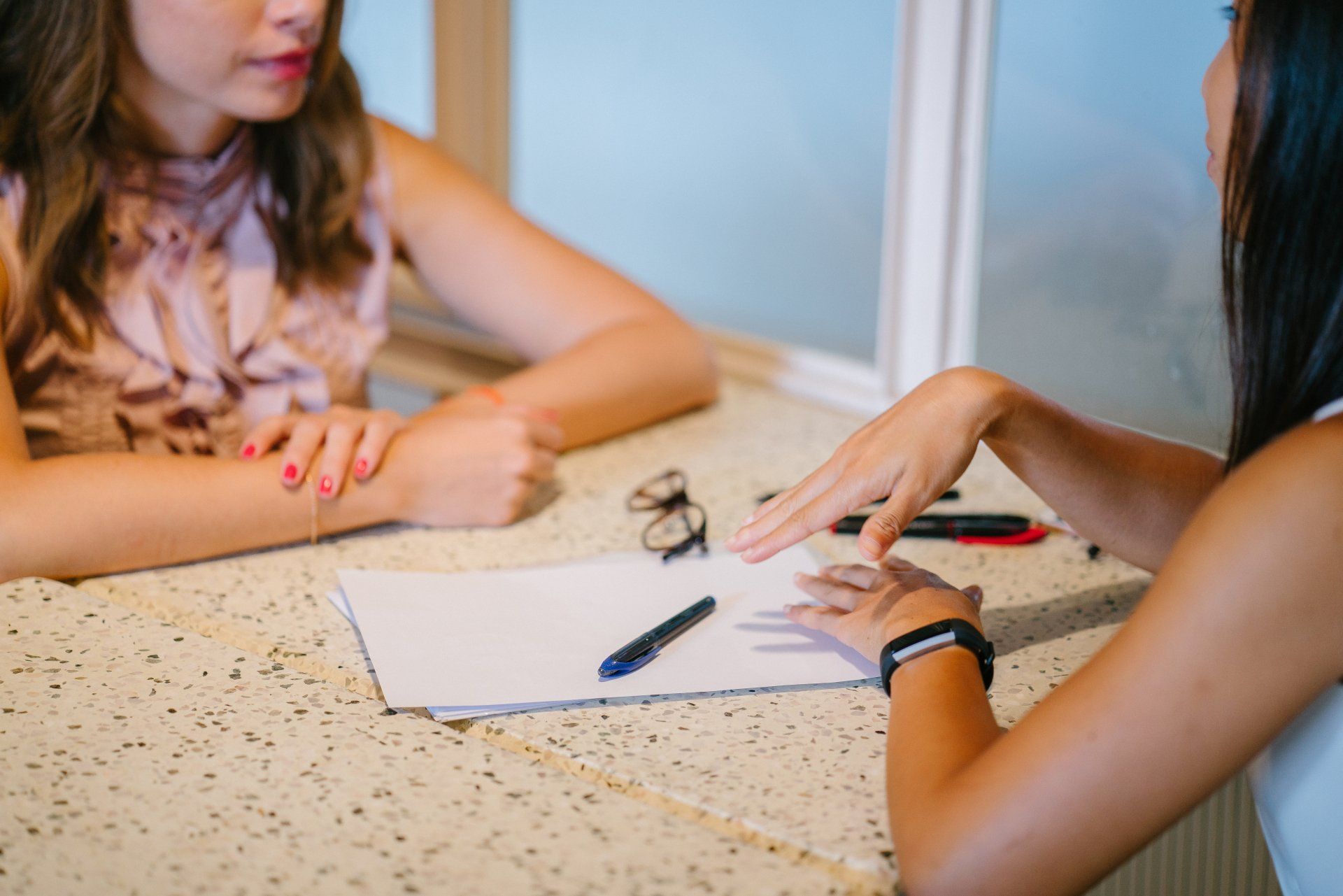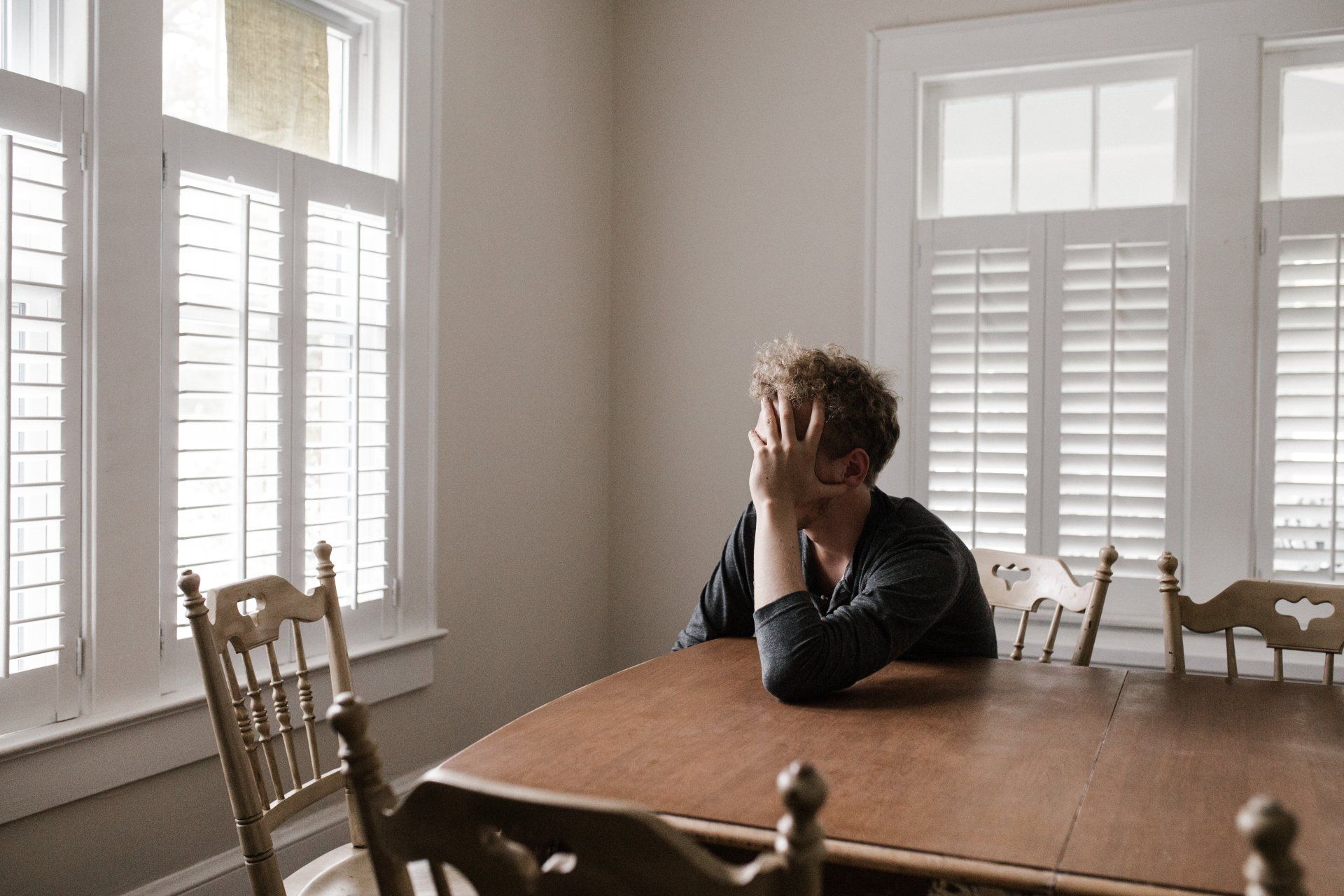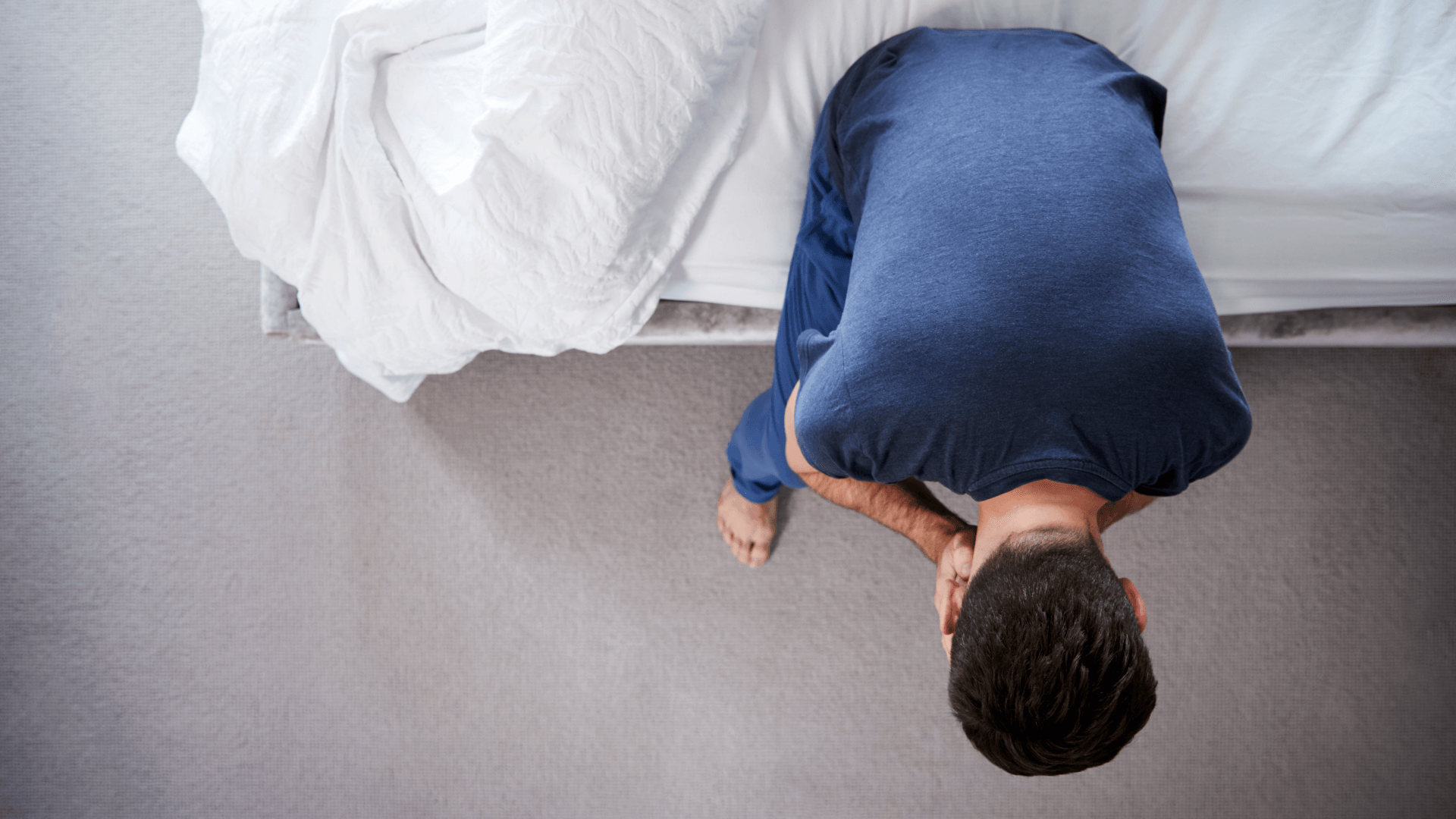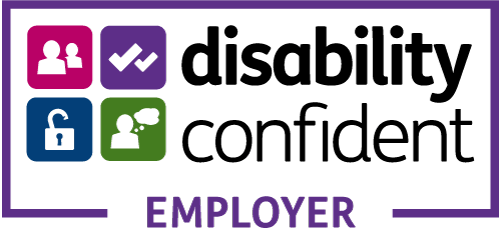Good Mental Health is Possible, Even with ADHD
Part 3 of the ADHD, Anxiety, and Depression Series
A common myth in popular psychology is that good mental health is near impossible when we have a disorder. There is quite a bit of misinformation around that paints good mental health as constant joy and perfect functioning. This is simply not true. Everyone is going to experience stress, everyone will have ups and downs, everyone is going to have low moods from time to time.
Things can seem harder when you already have ADHD, a divergence from typical functioning. We can feel like we’re destined to have a harder life and experience anxiety or depression. But this doesn’t have to be the case. While some people may just be naturally good at taking care of their mental health (just like some people are really good at sports or painting or public speaking) most people will need help learning how to care for their mental health.
It’s very easy to fall into the trap of mental illness and it can be hard to find your way back to good mental health. This is true for people with and without existing disorders and neurodivergence. Some of the help you may find online or in other resources will be geared towards typically functioning people, so it can be discouraging when those things don’t work for you. But there are ways to improve your mental health that are tried and tested, designed specifically for people with different functioning types.
For instance, buying a daily planner may not work for you. But littering your refrigerator with post-its or writing reminders on your hand might. Trying to keep yourself active by weight lifting or going for runs might be too much for you to juggle into your daily life, but you can try walking to the shop, to get coffee, or other common tasks you need to do outside of your home.
Sometimes it’s preferable and better for your mental health to lean into aspects of your ADHD. Embrace your naturally evolving interests and let yourself be okay with not doing hobbies that are no longer pleasurable. Try to get necessary tasks done to keep yourself healthy and in a clean environment for your health, but let yourself embrace some of your impulsive thoughts as long as they aren’t detrimental to other elements of your life (for example: don’t just abandon your job to spend a day in your pyjamas, but if you want that bag of sweets, go for it). Embrace ADHD, just remember to protect your mental health by finding what works for you to keep organised, stay physically healthy, and reach out for support like therapy, potentially medication for added mood stability, if you haven’t been diagnosed try getting a diagnosis so you can get better accommodations for at work or school (quieter work spaces, the ability to extend deadlines, more flexible hours, etc.).
It can also be very easy in those with ADHD to go through phases of enjoying activities (a new musical instrument, a new sport, learning a new skill, researching a new topic), wanting to only engage in that activity and then suddenly drop that activity with no interest to continue it. These activities may come back into your focus and then leave again but that isn’t the problem. The issue in this is that many people with ADHD will make themselves feel bad because they spent money on the activity or they feel like they have to continue on with it or engage with the activity consistently over the course of their life. These “I should” thoughts are ways that we shame ourselves, especially when it comes to engaging with activities that should be pleasurable. Sometimes keeping something consistent in your life is simply not what’s best for your mental health.
All in all, ADHD is not a horrible condition that will doom you to a life of poor mental health. Obviously this post is not an exhaustive guide to improving your mental health with ADHD, but there are many resources available to you to help improve your mental health, including services available here at Trent PTS.
Useful links and more information
The ADHD Foundation for tips for dealing with ADHD symptoms, how ADHD presents in adults and children, and what ADHD is:
https://adhdfoundation.org.uk/adults/
The American Psychological Association for information about gender differences in ADHD and issues with some medication:
https://www.apa.org/topics/adhd
Links for getting help or treatment
Trent PTS for self-referral:
https://www.trentpts.co.uk/self-referral
Mental Health Foundation for support and information:
https://www.mentalhealth.org.uk/
Mental Health Forum for a place to discuss issues and talk to others:
https://www.mentalhealthforum.net/forum/
Get Self Help for worksheets and information about disorders and CBT treatment
The Samaritans Nottingham to have someone to listen and talk to
https://www.samaritans.org/how-we-can-help/contact-samaritan/
TrentChat (for students) to have someone to listen and talk to
